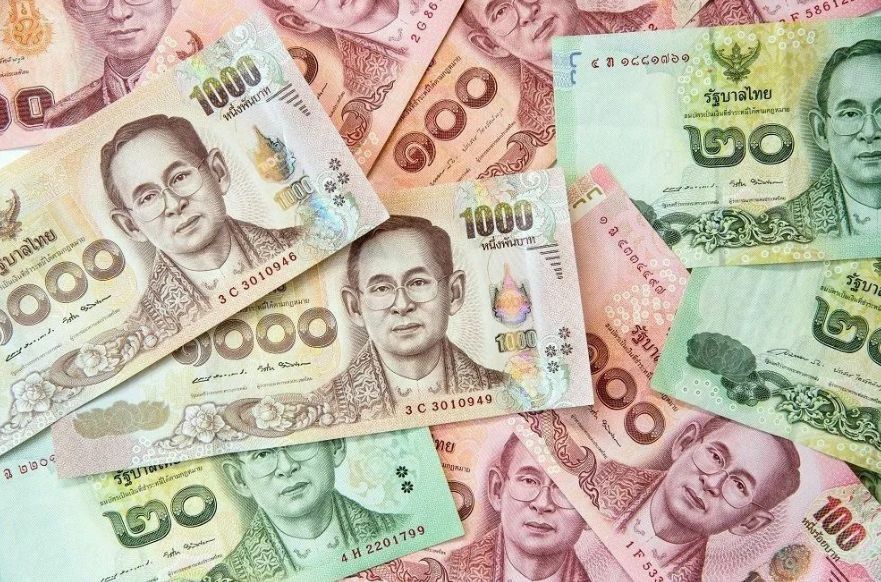Weakening baht boosts Thailand’s exports and tourism

Thailand Prime Minister Srettha Thavisin pointed out yesterday that the weakening baht, despite its potential negative impact on energy import costs, is actually proving to be a boon for the country’s exports and tourism.
The baht had earlier plummeted to an 11-month low against the US dollar, trading at 37.095.
According to the 61 year old prime minister, who also holds the finance minister portfolio, this depreciation isn’t entirely detrimental. It has a favourable effect on the country’s exports and tourism sectors – key contributors to Thailand’s gross domestic product (GDP). Typically, exports account for 50% while tourism makes up 20% of the GDP.
Despite the fluctuating value of the baht, PM Srettha assured that the government has no immediate plans to intervene. Instead, the Bank of Thailand is vigilantly observing and managing the situation.
Addressing the concern on the impact of a weakening baht on imported energy costs, the prime minister conceded that while the country may experience a hike in the price of imported oil and related expenses, there’s not much that can be done in the short term.
Thailand’s heavy reliance on imported energy is a factor that limits immediate remedial measures against the high prices.
Srettha also dismissed rumours that the government was targeting the Defence Ministry specifically with its policy to cut budgets for non-essential projects. This was in response to speculation that he had curtailed spending for the armed forces in fiscal next year, reported Bangkok Post.
The Thai prime minister’s statement offers a glimpse into Thailand’s economic state amidst fluctuating currency values, while also highlighting the country’s strategic responses.
The situation is being closely monitored and managed, and the impact on key sectors like exports and tourism is being considered alongside the potential negative effects on energy imports.
Follow more of The Thaiger’s latest stories on our new Facebook page HERE.
































